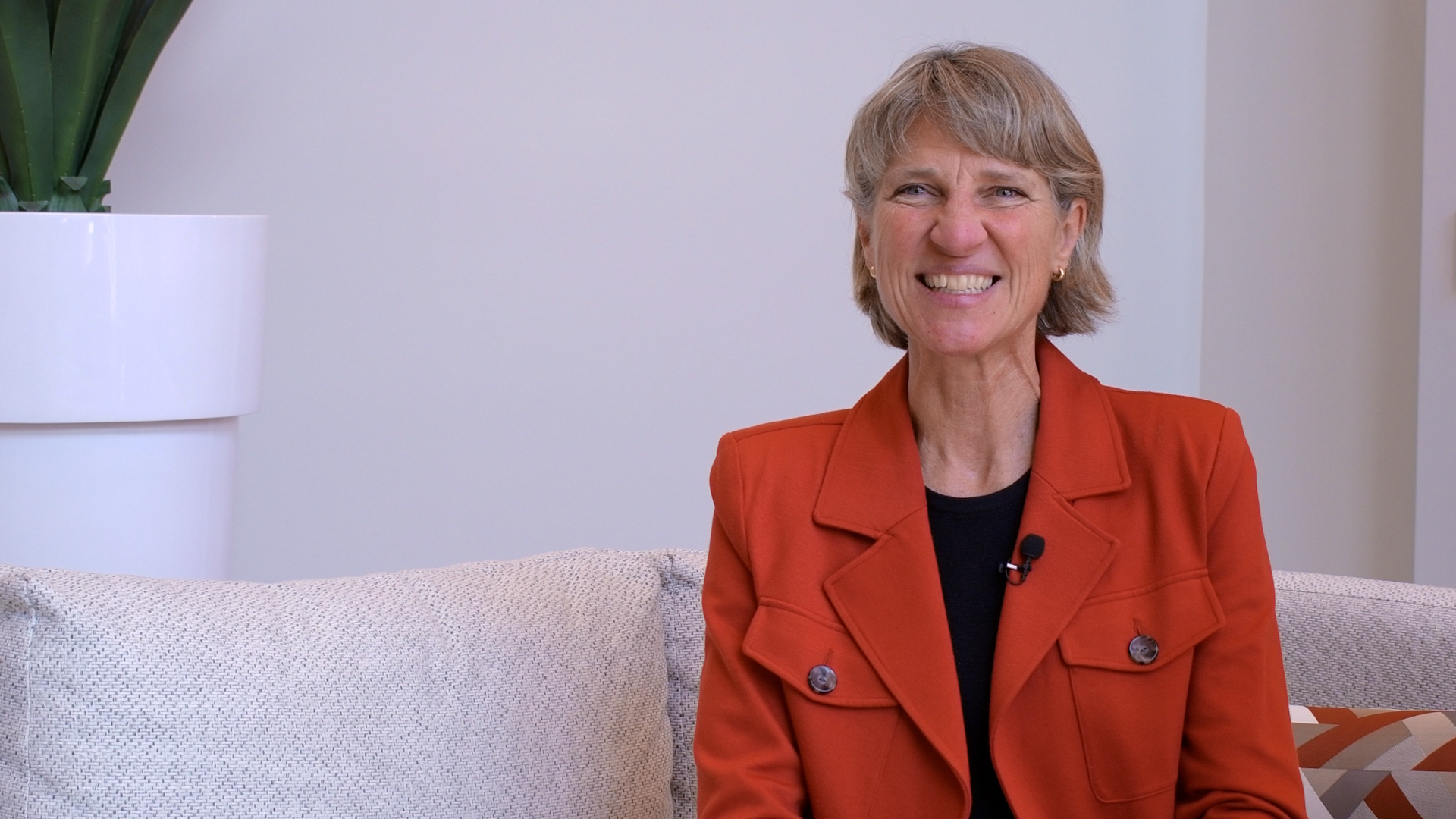Spotlight on Associate Professor Jessica DeCuir-Gunby

Dr. Jessica DeCuir-Gunby, an associate professor of educational psychology in the Department of Teacher Education and Learning Sciences (TELS), strives to make an impact through her innovative teaching and research. In recognition of her outstanding efforts, the University of Georgia’s College of Education recently honored DeCuir-Gunby with an Outstanding Educator Award during its 11th annual Donor Appreciation and Alumni Awards.
DeCuir-Gunby received her doctorate in educational psychology from UGA. Also a University Faculty Scholar, she focuses her research on race and racial identity development (with an emphasis on African-American adolescents), critical race theory, mixed methods research and emotions in education.
Read on to find out more about DeCuir-Gunby and her impact on the College of Education.
What does the Outstanding Educator award mean to you, personally and professionally?
I was honored to receive the Outstanding Educator award from my alma mater, the University of Georgia’s College of Education (UGA), and to be recognized alongside such distinguished and accomplished educators. The entire process was humbling. Heather Davis, my colleague, friend and fellow graduate of UGA, and Dina Walker-DeVose, my friend and former doctoral student, nominated me for the award. Upon receiving the award, I was greeted by family, friends and former professors. It was particularly heartwarming to hear former professors speak about my winning the award with extreme pride.
I especially enjoyed attending the awards ceremony with my seven-year-old son. I am glad that he was able to see that hard work, persistence and dedication are valued.
What initiatives are you currently working on, and what do you hope to do next with your teaching and research?
I am currently finishing up two book projects (both co-authored with Paul Schutz) that are to be published during late summer 2016. The first project, Race and Ethnicity in the Study of Motivation in Education, is an edited book that showcases how educational psychology researchers are exploring race/ethnicity in the study of motivation in education. The book is an extension of one of my recent articles in Educational Psychologist that highlights the field’s lack of research focusing on race and ethnicity.
The second book, Developing a Mixed-Methods Proposal: A Practical Guide for Beginning Researchers, is largely based upon my mixed-methods research course. The goal of the book is to demonstrate how to create mixed-methods research proposals. Throughout the book, we explicate how to create a mixed-methods research proposal by showing the development of a study on African-American college students’ experiencing of racial microaggressions. My research team is currently preparing to implement the study that was developed in the book by the end of the spring 2016 semester.
How do you hope your work will affect racial equity in the classroom?
The overall goal of my work is to push the field of educational psychology to view race/ethnicity as more than just a demographic variable. In doing so, I would like for educational psychologists to explore how issues of race and ethnicity impact teaching and learning.
My work helps to explain how race and racism impacts African-Americans in various educational contexts. As educators begin to better understand the racial problems that exist in society as well as in their schools, they will be in a better position to address racial inequities in their classrooms. I do want to eventually conduct more research in schools in order to create school-based interventions addressing racism. However, getting access to K-12 schools is difficult because many school districts are apprehensive of race-related research being conducted in their schools.
How can teachers encourage emotional expression in the classroom that will open avenues for constructive dialogue on race and racism?
Conversations about race and racism are very difficult, but they must not be avoided.
Teachers cannot just begin talking about race in their classrooms without building a supportive learning community. Teachers have to build rapport with students and establish trust.
Once students trust the teachers, they will feel comfortable with being honest and vulnerable.
Helping students to understand current race-related events may be an initial way to begin longer-term dialogues. Race-related conversations can be uncomfortable for teachers and students, often eliciting unpleasant emotions (e.g. anger, shame, etc.). However, the more teachers have such conversations in their classrooms, the less difficult the conversations become for both teachers and students.
Can you provide more insight into your experience at NC State, specifically within TELS, and how that experience has influenced your research and career?
I have always been interested in issues of race and racism in education. Being in the Department of Teacher Education and Learning Sciences, I have always been supported to conduct research in this area. I have been able to develop my interests by exploring issues of race and racism throughout the lifespan. I was even awarded the University Faculty Scholars award that enabled me to further develop my research.
In addition, because of NC State’s focus on STEM (science, technology, engineering and math), I have even engaged in several research projects that examined issues of race and racism within STEM contexts. I probably would not have considered such a focus if I was not at NC State. Being a faculty member here has expanded my research in ways I never could have imagined.
Learn more about TELS and our commitment to preparing highly effective teachers and education professionals.
- Categories:


